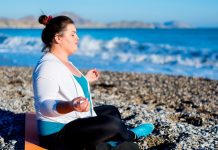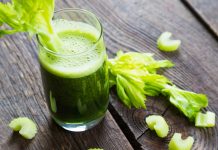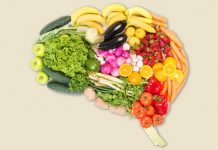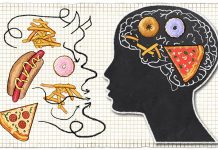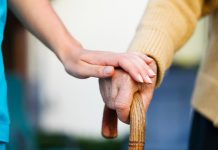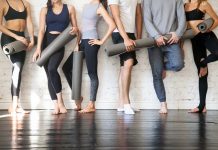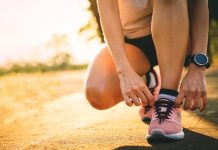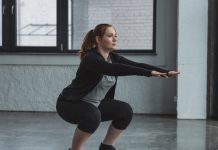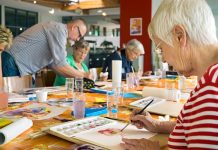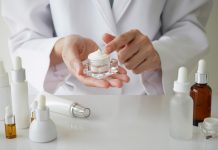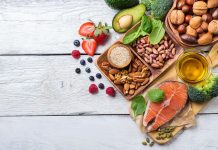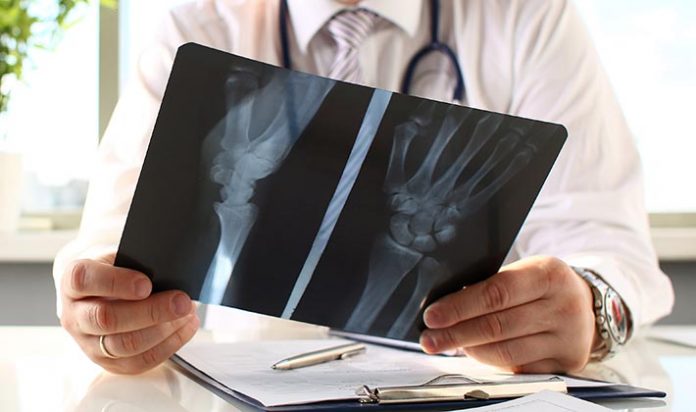People tend to grow more fragile with age. This is especially true when it comes to their bones, joints, and muscles. But is there any way to fix it? You bet there is! You can dramatically slow down the rate at which you lose bone density and muscle at any age. And we’ll be more than happy to show you how.
How to Increase Bone Density as You Get Older
If you want to slow down muscle wasting and bone loss as you age, you’re going to have to eat a healthier diet. If you’re already eating any of the following foods, then you’re off to a good start! But if you’re not, add a few of these to your grocery list next time you head to the supermarket:
- Fatty fish like salmon, trout, bluefin tuna, or anchovies
- Dairy products including milk, yogurt, kefir, cheese, & butter
- Flaxseed or flaxseed oil
- Blueberries
- 5 servings of fruit and/or vegetables per day
Avoid caffeine, salt, alcohol, and ultra-processed foods. These all prevent your body from absorbing calcium. Calcium is the most important mineral to consume if you want to preserve bone density. Getting your calcium from real food is best, but if you have issues with getting it from your diet, there are other ways to take in more calcium.
For instance, you could start taking a calcium supplement. But while you’re at it, you should also incorporate a high-quality omega-3 and a vitamin D supplement, too. Together with calcium, these nutrients can help your body preserve its bone density or even put on a little more. You can also get vitamin D from spending time out in the sun. But this may increase your skin cancer risk, so be sure to get permission and some helpful tips from your dermatologist first.
If you are 65 or older, you should get a bone density scan. Ask your doctor for a referral if they haven’t giving you one already. It’s important to know what your bone density is so that you can make necessary adjustments to your diet and lifestyle. If you stick your head in the sand and choose to ignore the problem, it could cause serious consequences down the road!
How to Keep Your Muscles Strong as You Get Older
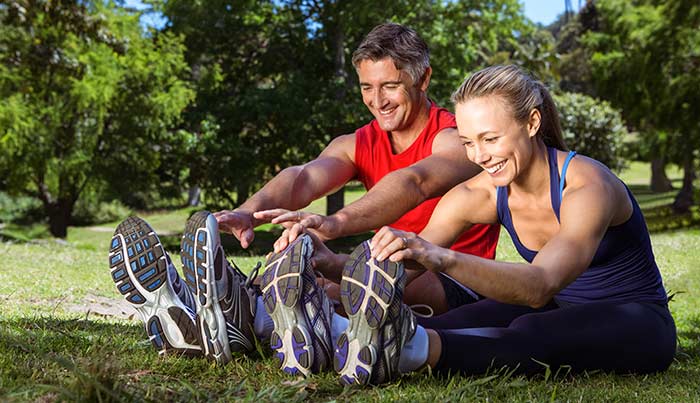
Protein is one of the most important nutrients you can consume if you want to preserve muscle mass as you get older. The best type of protein to get are complete proteins from the food you eat. The best sources of complete proteins (“complete” means that they contain all of the amino acids you need to make new muscle) include meat and dairy products from grass-fed, free-range pasture animals like cows, goats, and chickens. If you adhere to a vegetarian or vegan diet, then fatty fish or pea protein can help you get the protein you need to keep your muscles strong and healthy.
Of course, your body isn’t going to build muscle unless you give it a good reason to. And the number one reason to build more muscle is if you’re exercising and using your muscles more frequently. Some of the best ways to build and preserve muscle with exercise include:
- Lift weights – free weights are especially good for strengthening your stability muscles to avoid falling injuries
- Resistance bands – these can put less stress on your joints and reduce the risk of injury associated with free weights
- Bodyweight exercises/calisthenics – reduces the risk of injury compared to resistance bands or free weights and includes movements like lunges, push-ups, and squats
- Work out with others – whether you hire a personal trainer or take a group fitness class, you’ll have others to guide you and give you tips on how to perform your exercises safely and effectively
Living longer isn’t going to do you much good unless you maintain your quality of life in the process. For people over a certain age, quality of life can drastically deteriorate if you don’t work hard to preserve your bone density and lean muscle mass. The stronger your bones and muscles, the easier it will be for you to stay mobile and independent as you grow older. And all it takes is a few simple life choices – like tweaking your diet and exercise – to make a positive impact.



